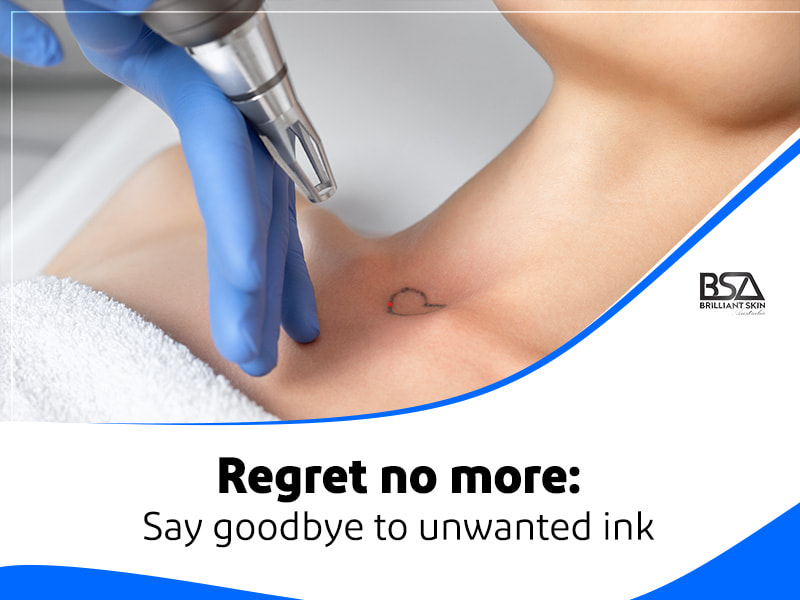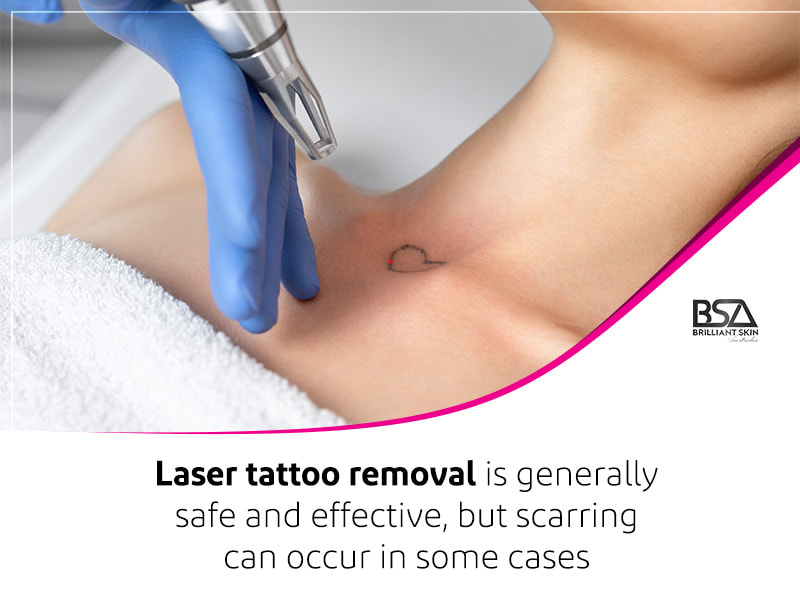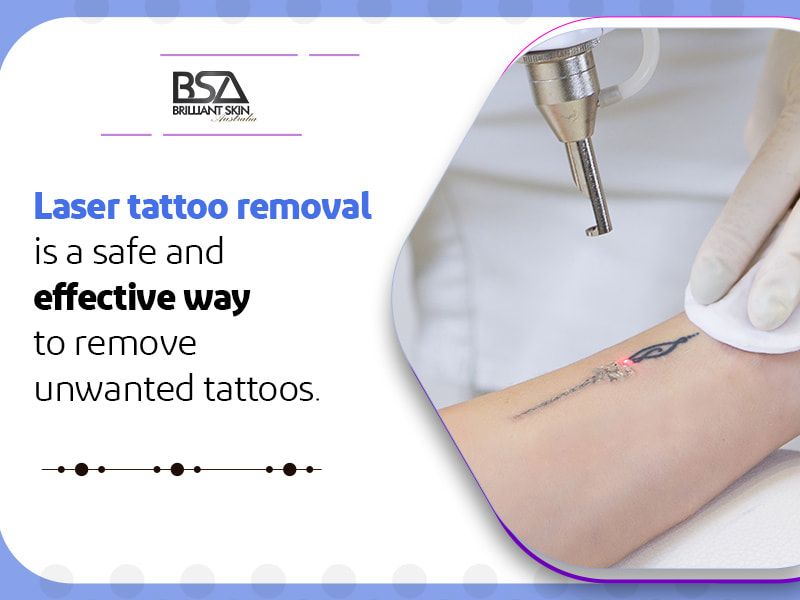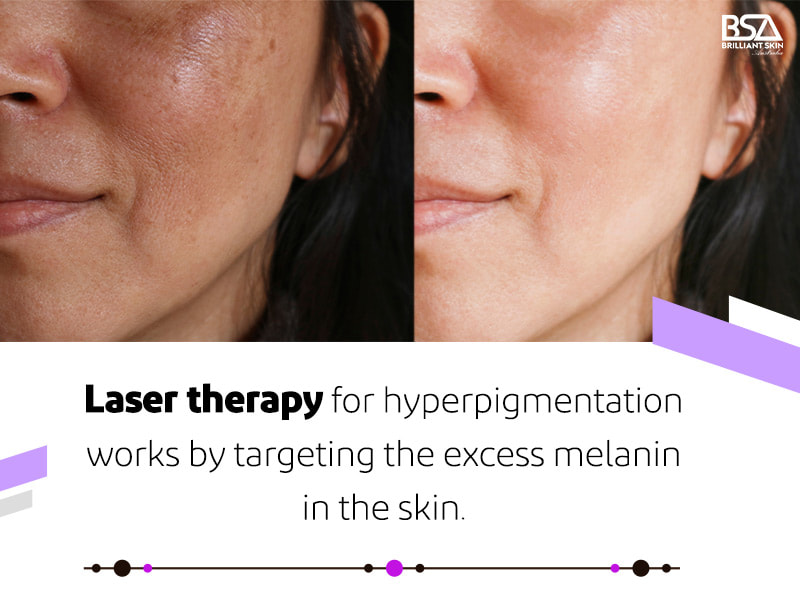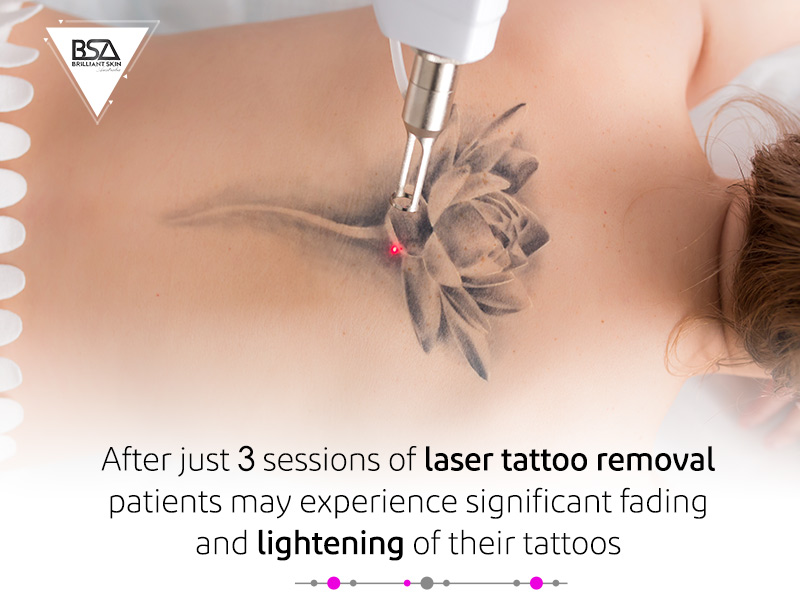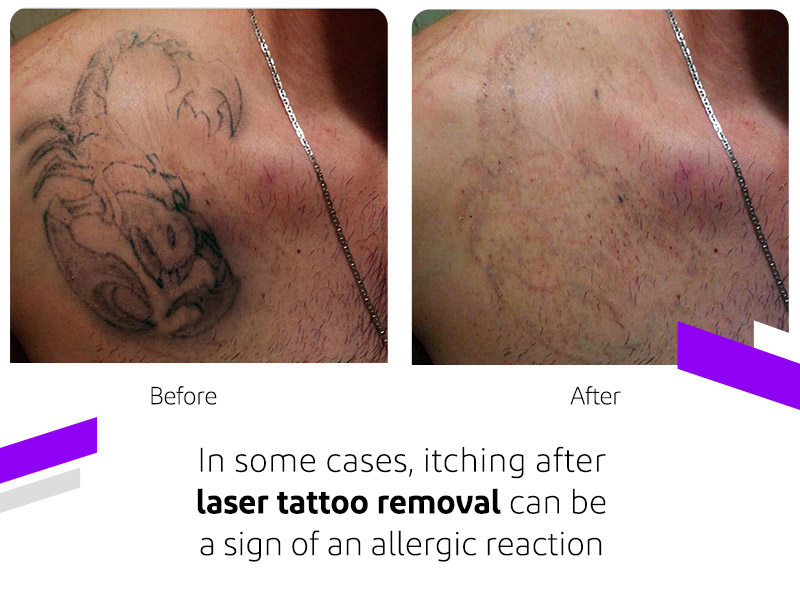Laser Tattoo Removal Pain Scale
- Updated November 15, 2022
- by Honey Seida
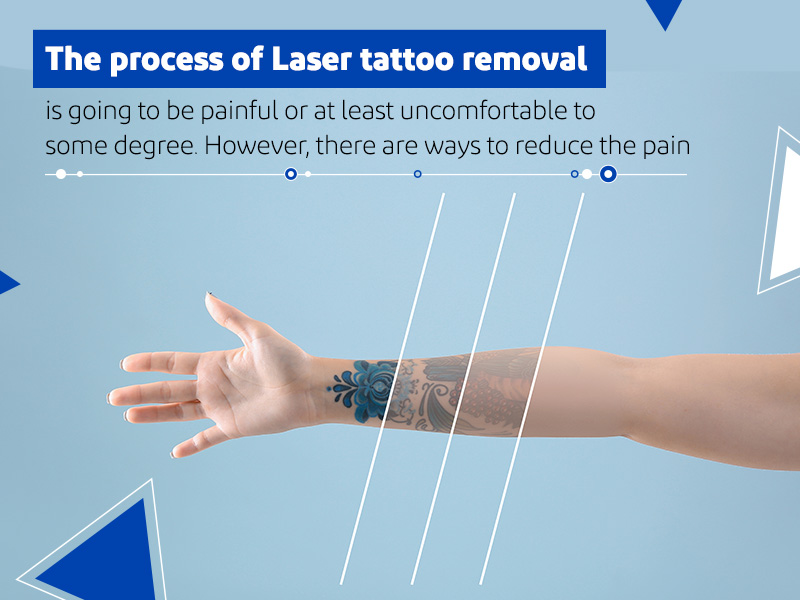
One of the most frequent questions that beauticians are asked about laser tattoo removal is, " Is laser tattoo removal painful?". This is why we decided to dedicate this post by Brilliant Skin Australia specifically to laser tattoo removal pain.
There are various variables that determine whether or not laser tattoo removal is going to be painful for a person or not.
The beautician plans each laser tattoo removal session differently for every individual. The method used to reduce pain, the length of the session, and the technique used will be different for each person. Consequently, the feeling that each person will have towards the process of laser tattoo removal will also be different.
Is laser tattoo removal painful?
The process of Laser tattoo removal is going to be painful or at least uncomfortable to some degree. Bruising, and swelling are other forms of discomfort that the patient may go through during or after the treatment.
The feeling is often described by many as when a rubber band hits your skin. As a rule of thumb though, if you had no problem with the pain scale you had to go through when getting a tattoo, you will not find removing it using laser unbearably painful.
The good thing about laser tattoo removal pain is that it is usually only felt when you are undergoing the treatment and once the therapy is over, the pain will also stop. Additionally, the entire process is only going to last for a few minutes, so the amount of pain you are going to have to endure will be minimal.
The characteristics of your tattoo will also affect the amount of laser tattoo removal pain. Several factors such as how old the tattoo is, where it is located, how big it is, and even the type of ink and the colours used can affect the pain you will have to tolerate as these are the main determiners of how many laser tattoo removal sessions you will need.
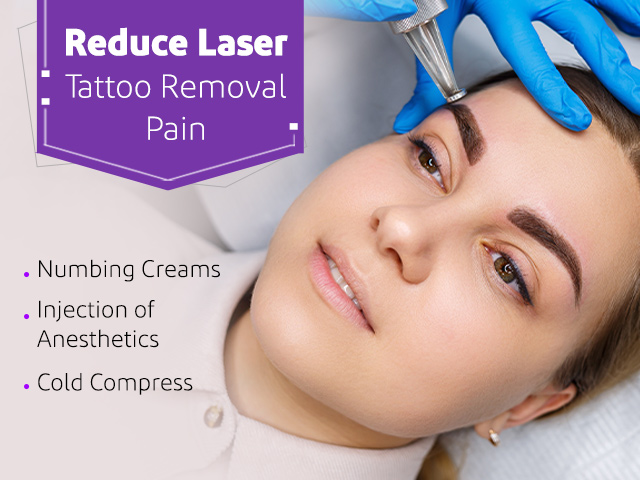
How to Make Laser Tattoo Removal Less Painful
Taking a pain reliever before your laser tattoo removal is generally considered safe as long as they do not cause blood thinning and thus increases the chances of bleeding during or after the treatment (the way Aspirin does).
Also, the application of numbing creams before laser tattoo removal is considered standard practice in most clinics and beauty salons that offer the service. The numbing cream will have anesthetic effects on the skin of the area that is about to be treated.
In some other clinics, the preferred method of managing laser tattoo removal pain is an anesthetic injection, which is mostly Lidocaine. While the results are almost immediate with this method, it is certainly more invasive that the use of numbing creams or other methods available to reduce laser tattoo removal pain.
Cold compress before and after laser tattoo removal is another great way to relieve the pain. Using a cold compress, you are basically doing the same thing that the numbing cream does, i.e. numbing the skin.
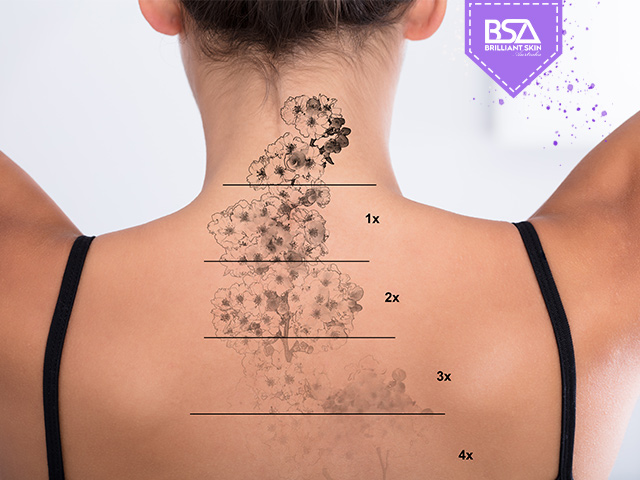
Laser Tattoo Removal Side Effects
Laser is one of the safest methods available for tattoo removal with the least number of side effects compared to other methods such as the use of chemical exfoliants. However, the presence of some short-term side effects can be expected, which will generally be resolved within a few hours. The most noticeable short-term side effects of laser tattoo removal include:
- Swelling, redness, and tenderness are expected after laser tattoo removal and commonly resolve within a few hours to a few days.
- The darkening of the tattoo and then the formation of a crust or scab is often seen a few days after laser tattoo removal.
- Itching is part of the healing process of laser tattoo removal and is common during the first few weeks after the treatment.
Laser Tattoo Removal Aftercare
Paying due attention to laser tattoo removal aftercare will be key in managing laser tattoo removal pain (if any) as well as the healing process. Not that fully healed skin will look matte like its surrounding untreated epidermis.
- Cold compress can be used for 15 minutes every 1-2 hours a day to reduce the risk of blistering and relieve symptoms such as tattoo removal pain (if any).
- If the skin is healthy and there is no abrasion in the treatment area, use a broad-spectrum sunscreen containing zinc oxide or titanium dioxide daily.
- Avoid vigorous exercise and contact with water until the skin heals.
- Recipes and topical or oral medications prescribed by the beautician need to be followed and taken regularly after laser tattoo removal.
Read more: Laser Tattoo Removal Before and After
Final Word
Laser Tattoo removal is painful but can be done relatively quickly. The use of anesthesia depends on the patient's pain threshold as well as the size and location of the tattoo. Smaller tattoos and those in fleshier areas of the body rarely require anesthesia, and most patients can easily tolerate the pain.
Larger tattoos and those placed in sensitive areas of the body such as in prominences such as the sacrum or wrist may require the use of anesthesia for the patient to be able to handle laser tattoo removal pain.
Laser Tattoo Removal Pain FAQs
Can laser tattoo removal completely remove a tattoo?
Short answer: Yes
Long answer: Very individual as well as every tattoo will be different and results will vary from person to person.
How to make laser tattoo removal less painful?
The best way is to use a numbing agent that will make the laser tattoo removal process more manageable for the patient.
Can you remove a tattoo without laser treatment?
Yes, there are other ways available for tattoo removal, however, they are mostly obsolete as laser tattoo removal is the safest and the most efficient way to remove tattoos today.
Can laser tattoo removal cause nerve damage?
Not really, that is as long as the laser tattoo removal is performed by a trained professional. The laser will only penetrate the skin to break up the ink pigments.

